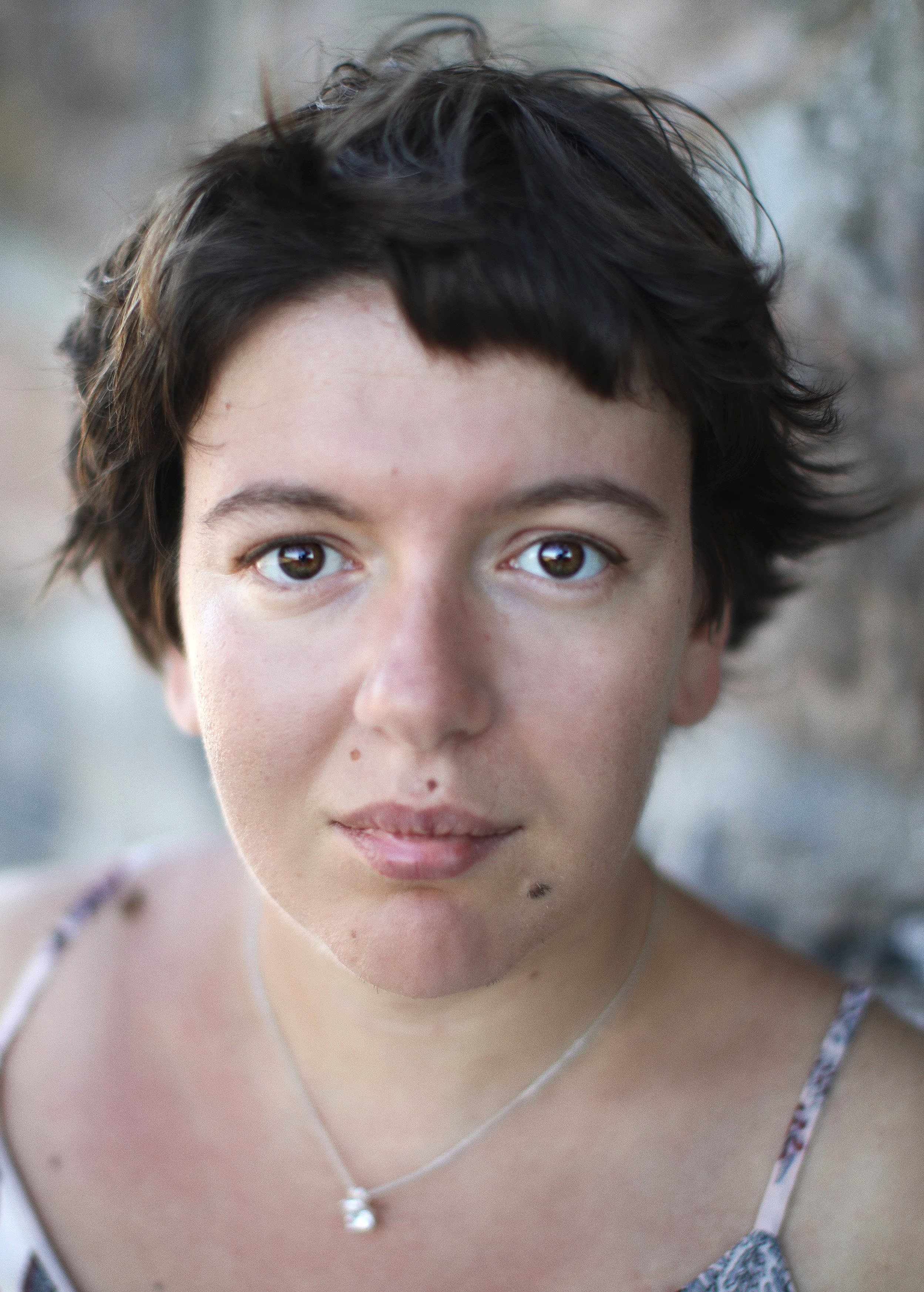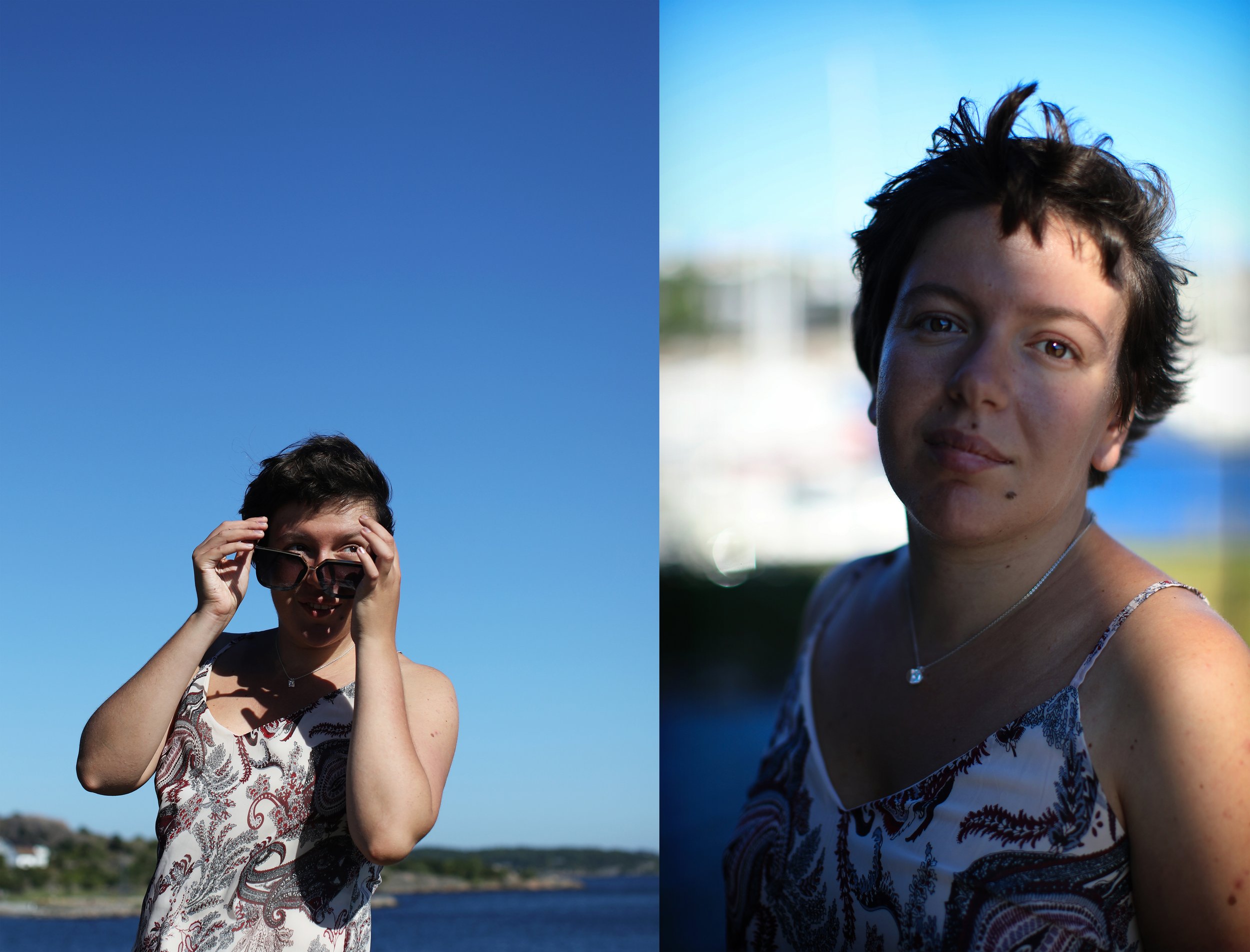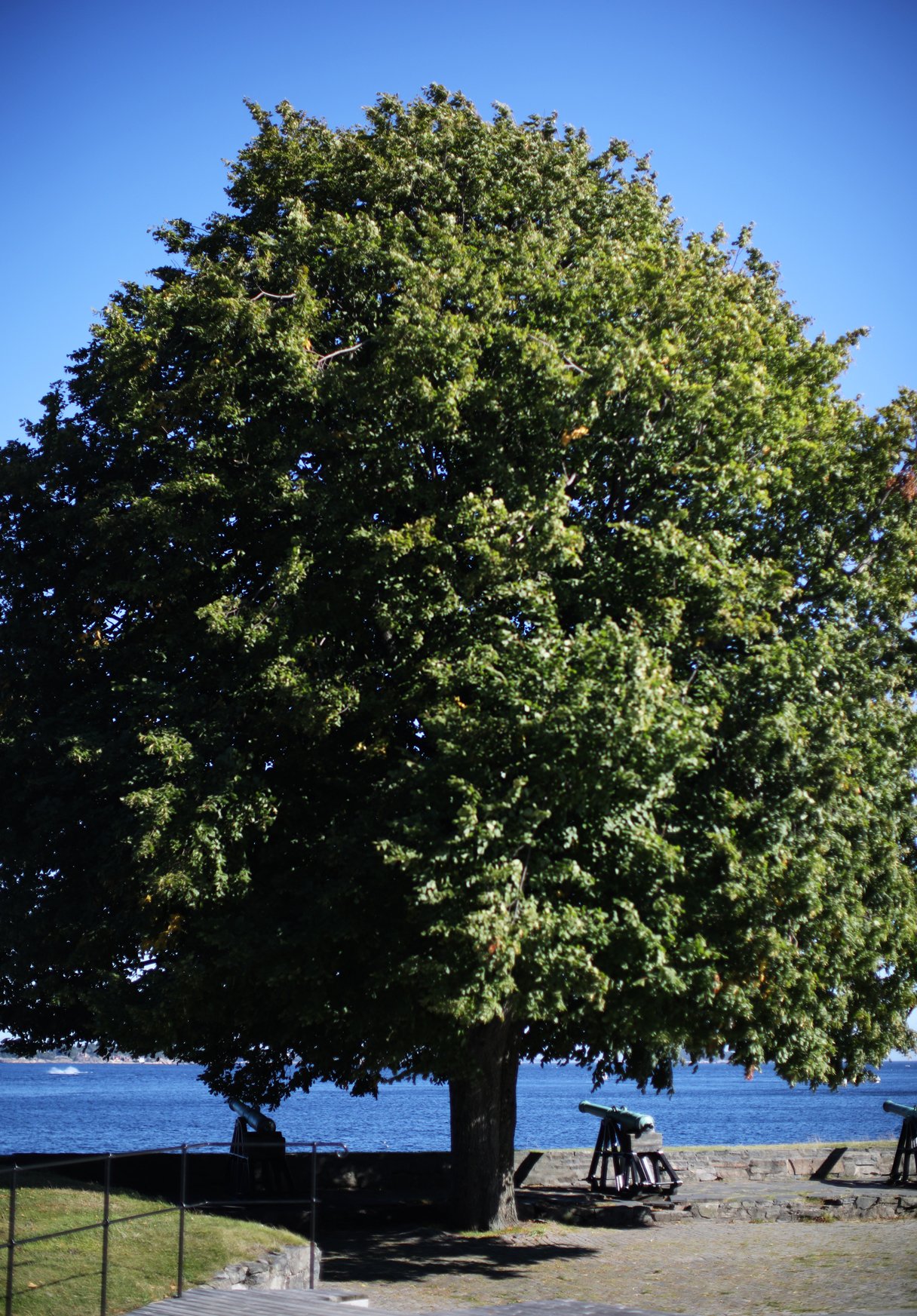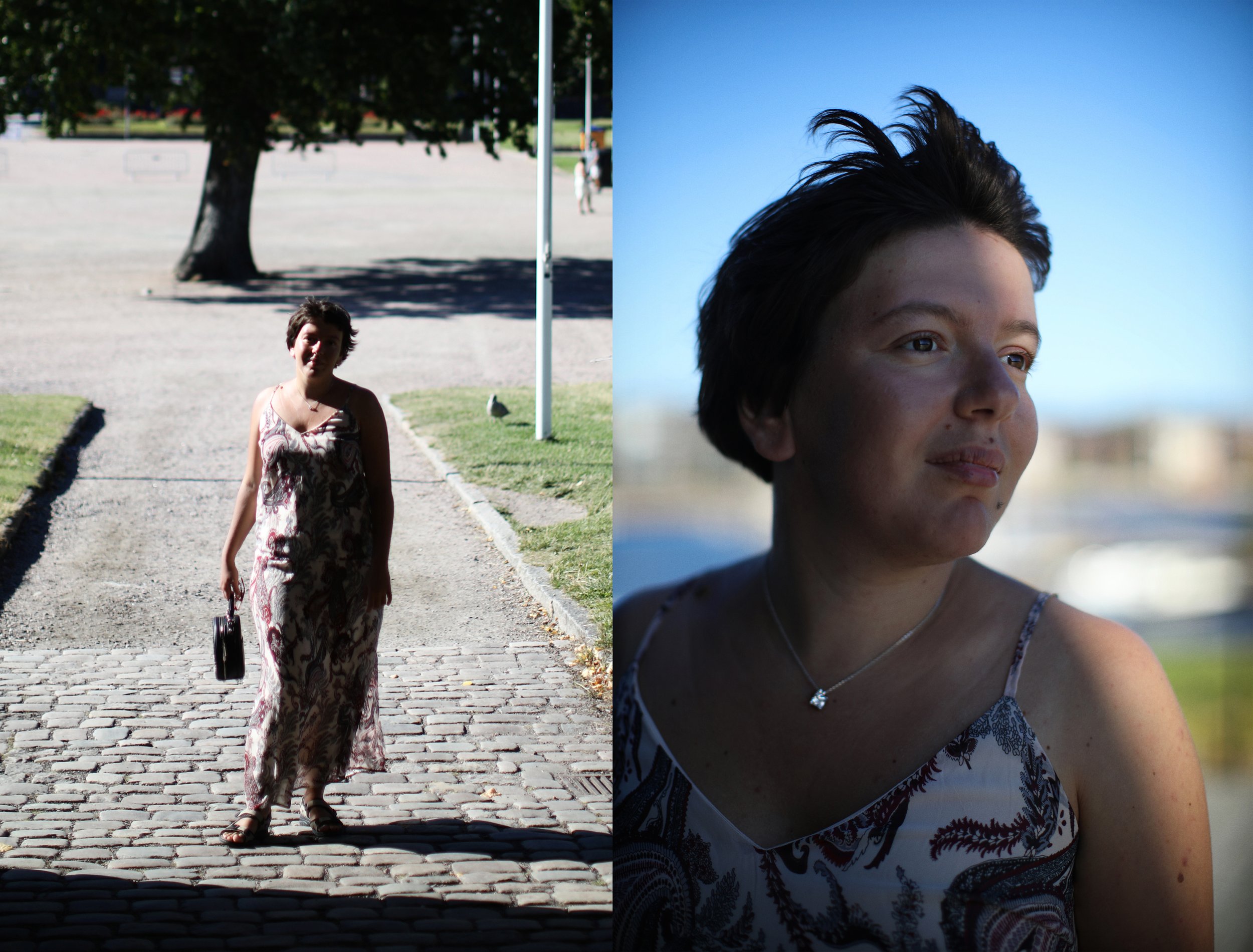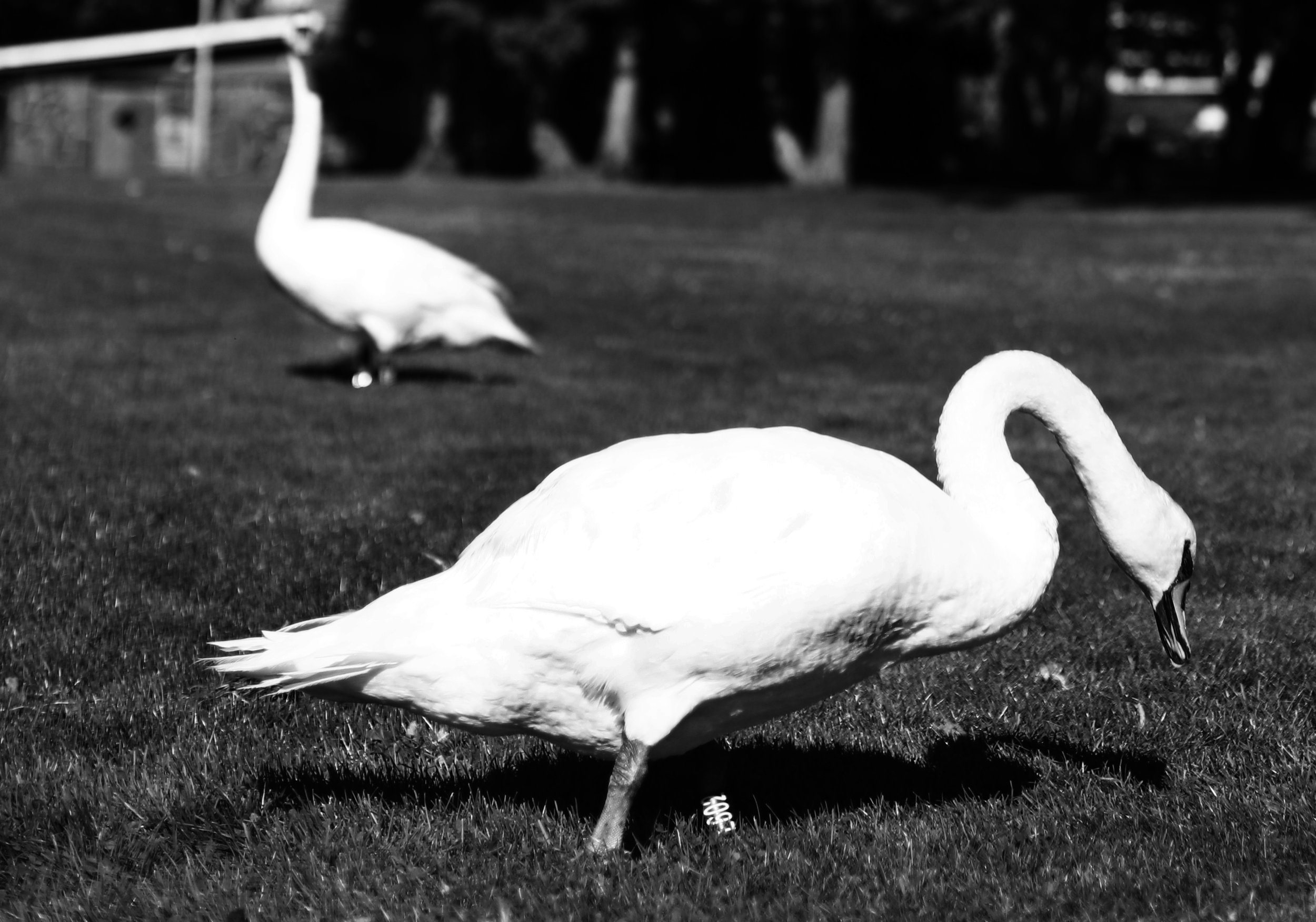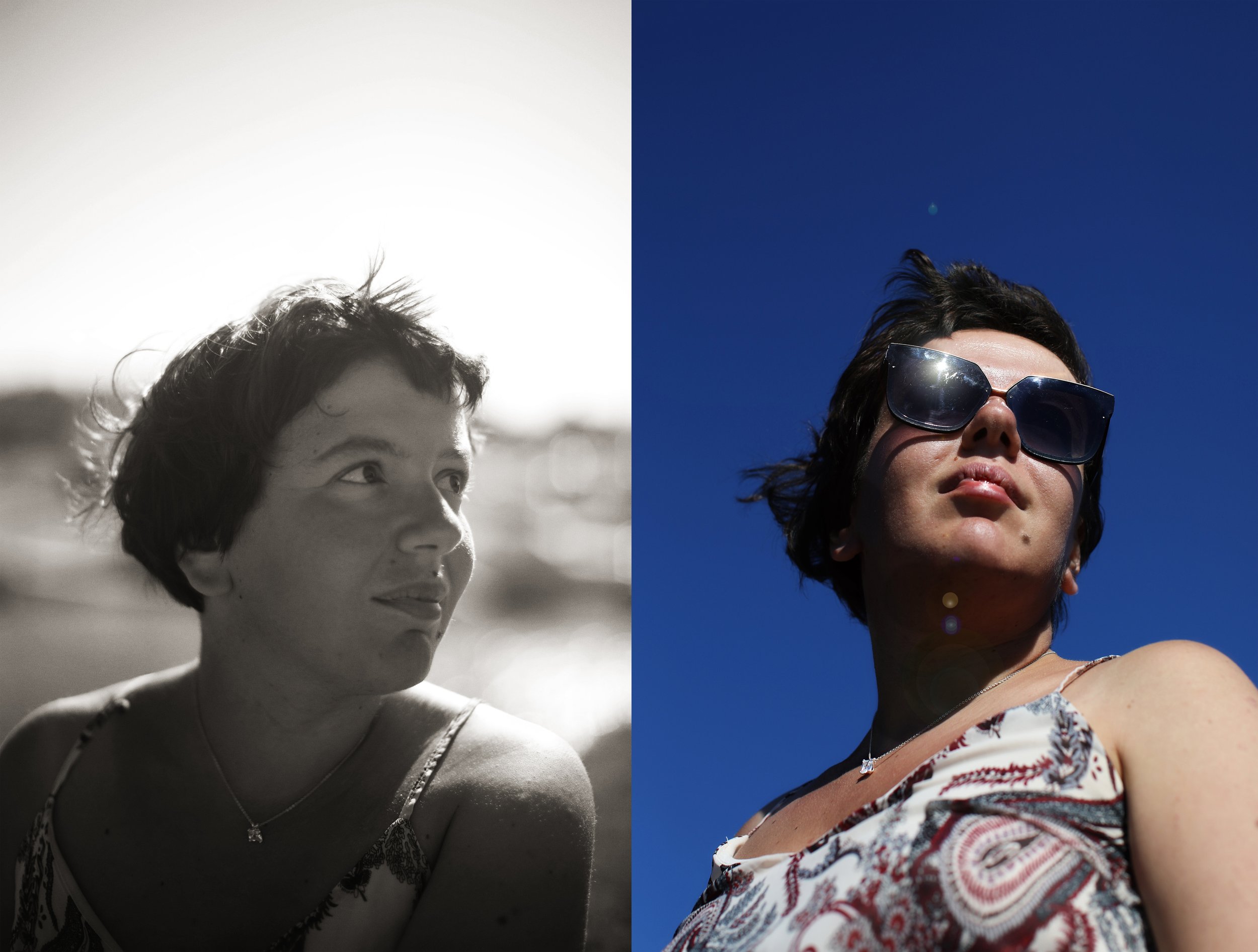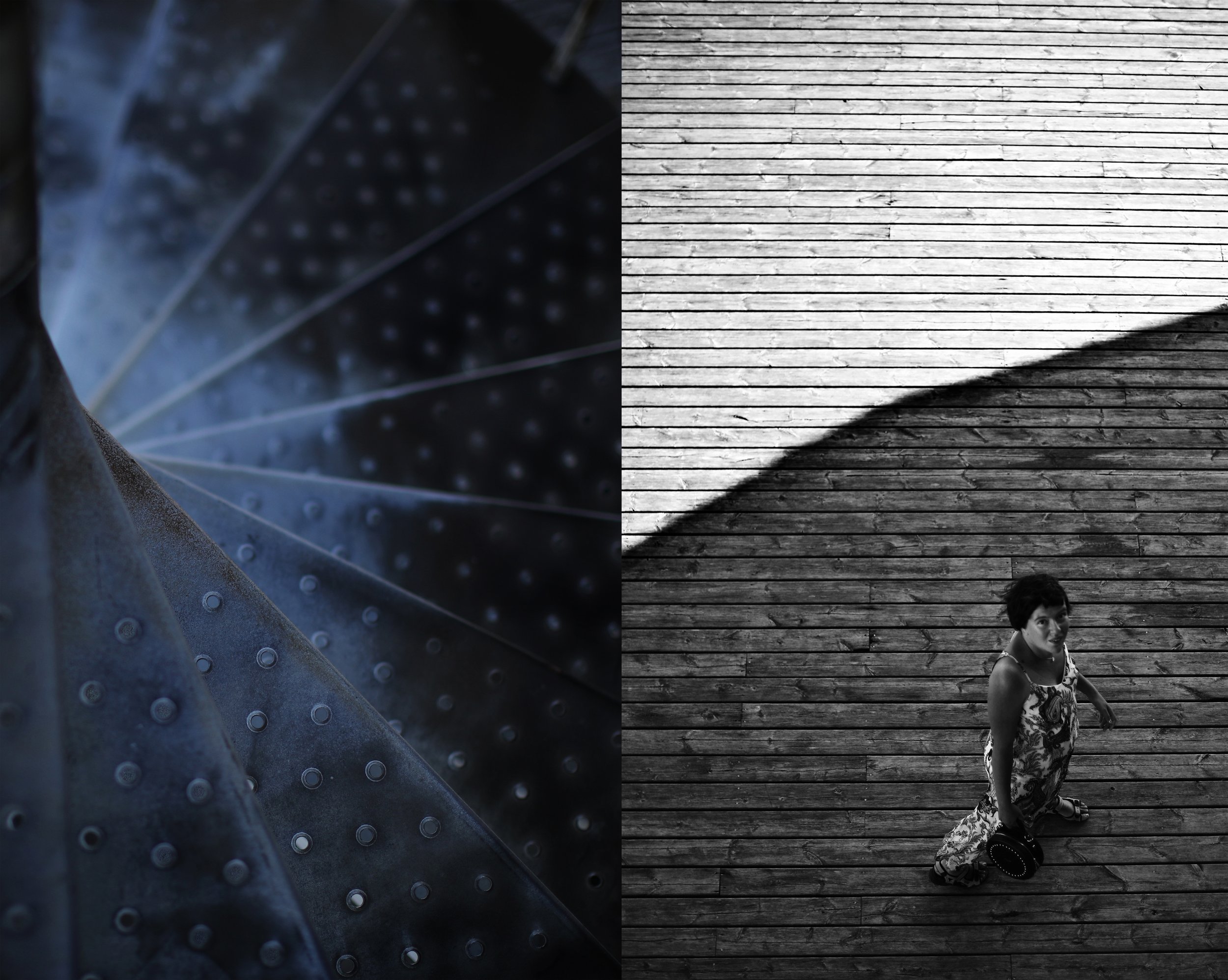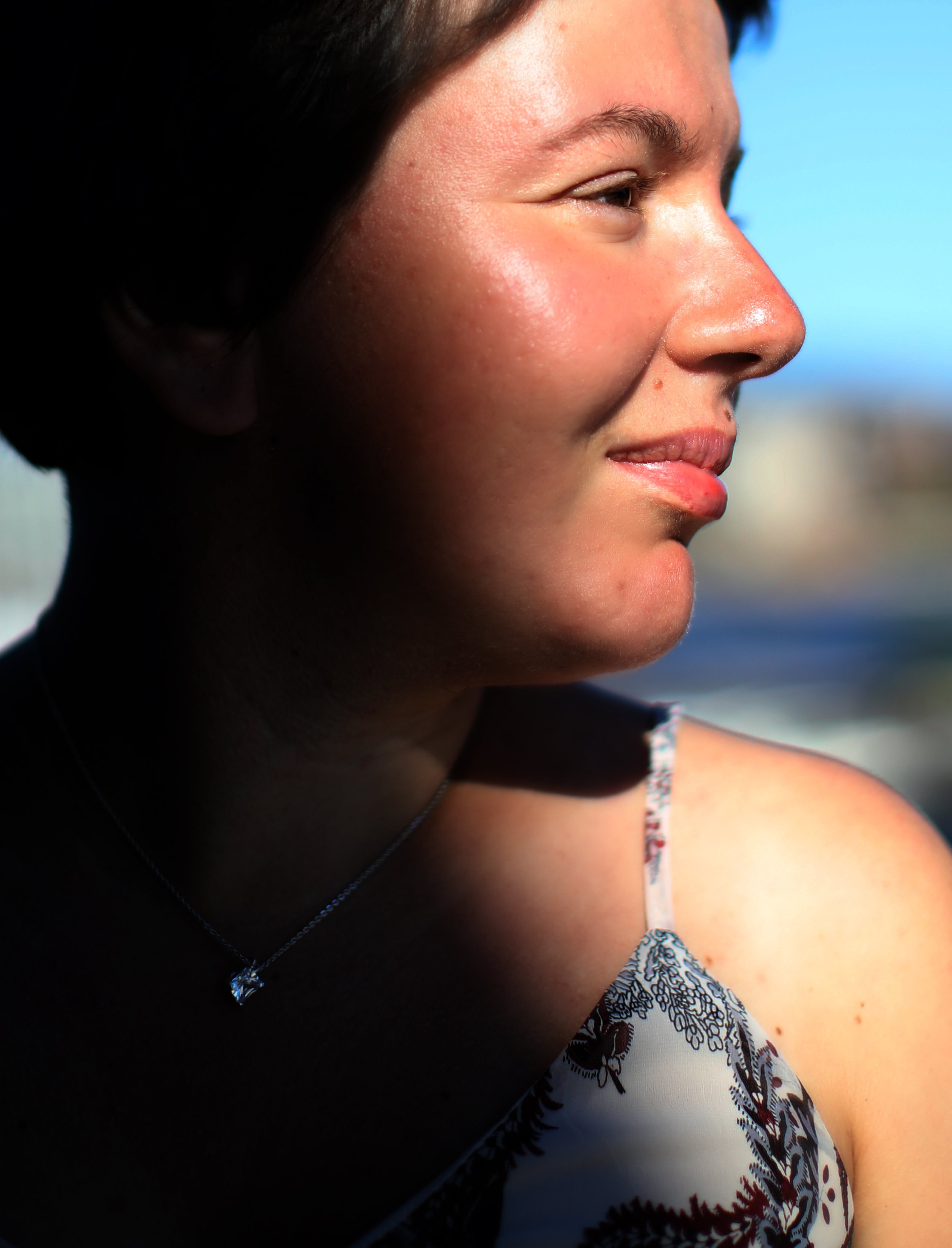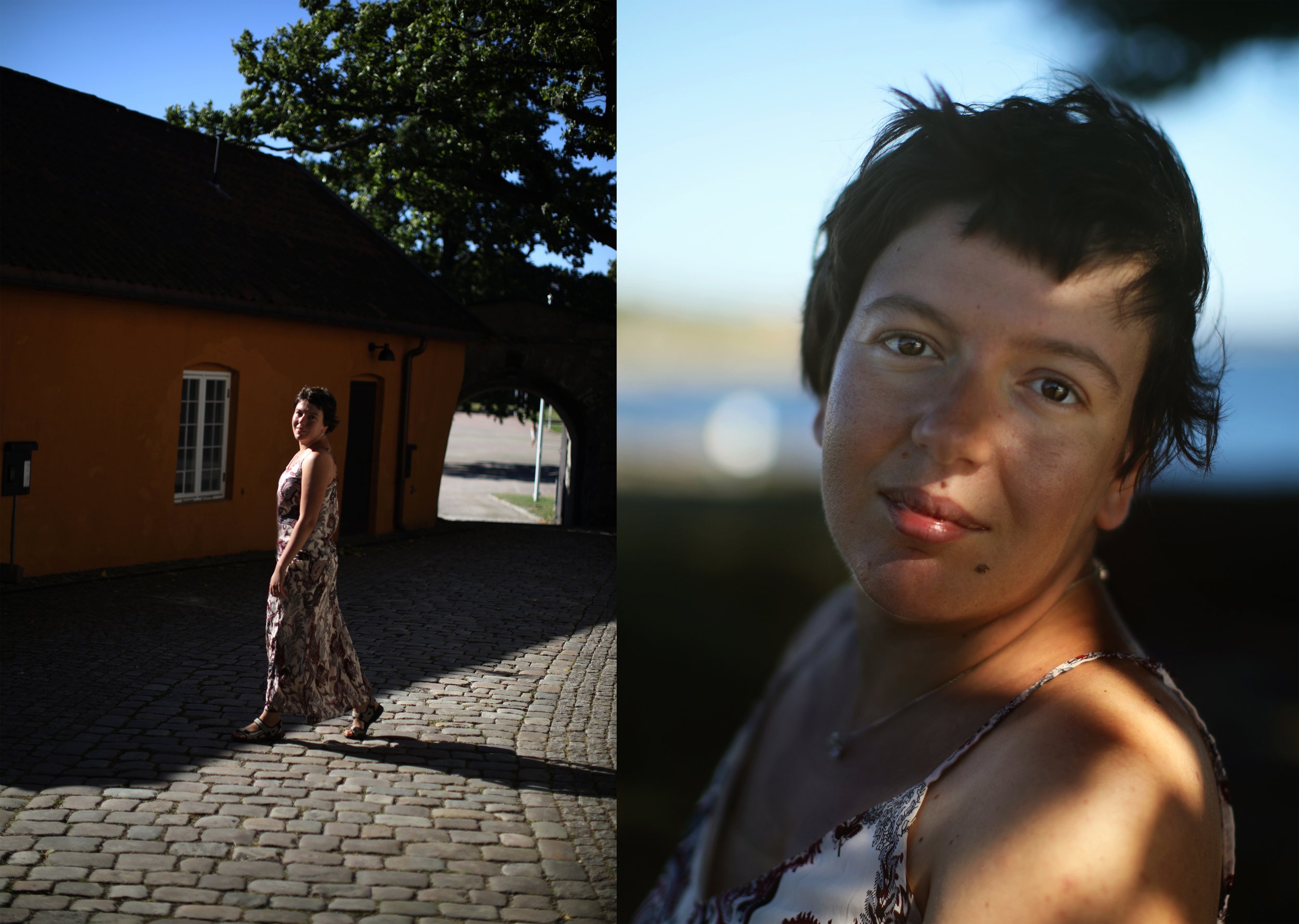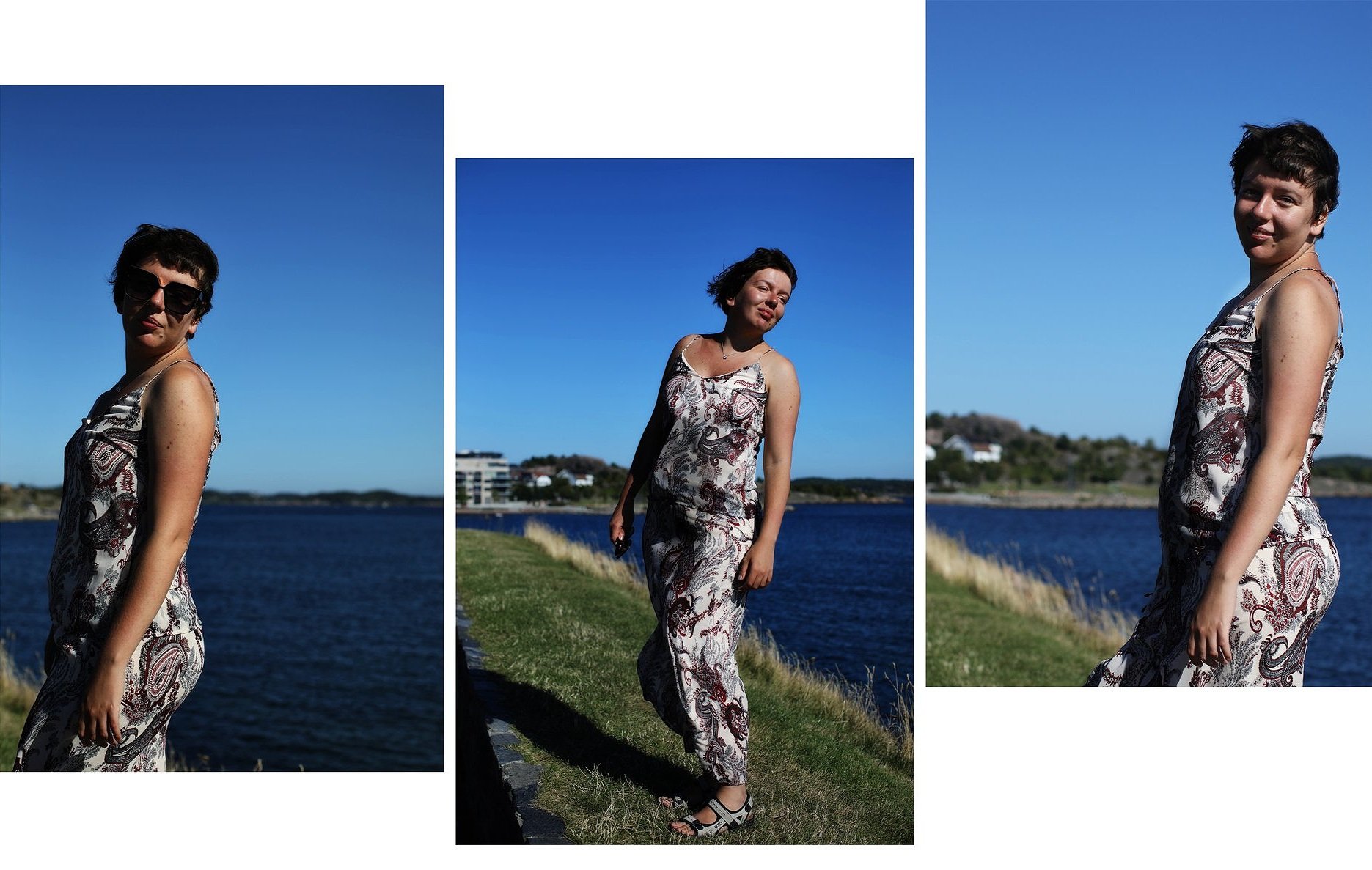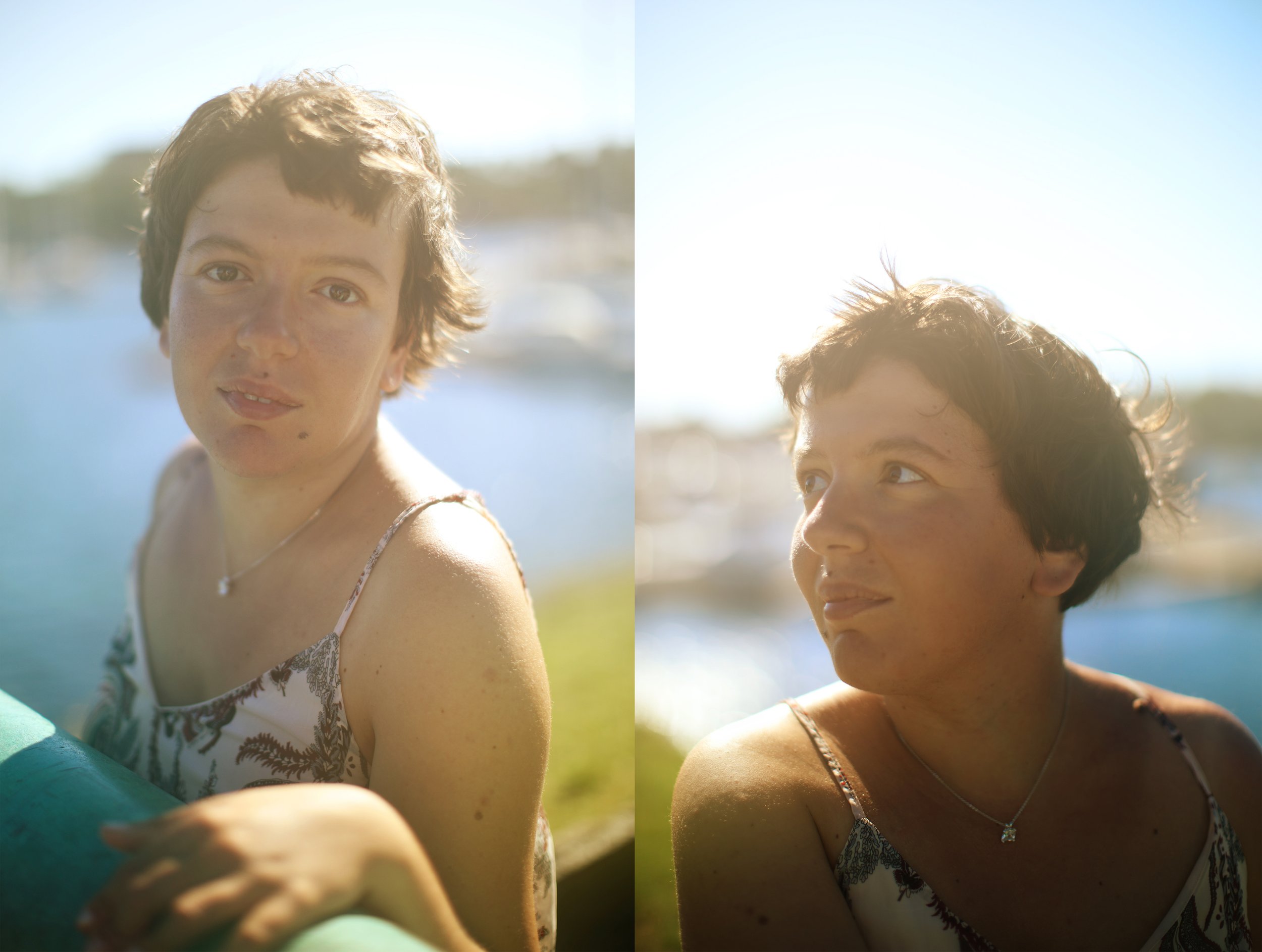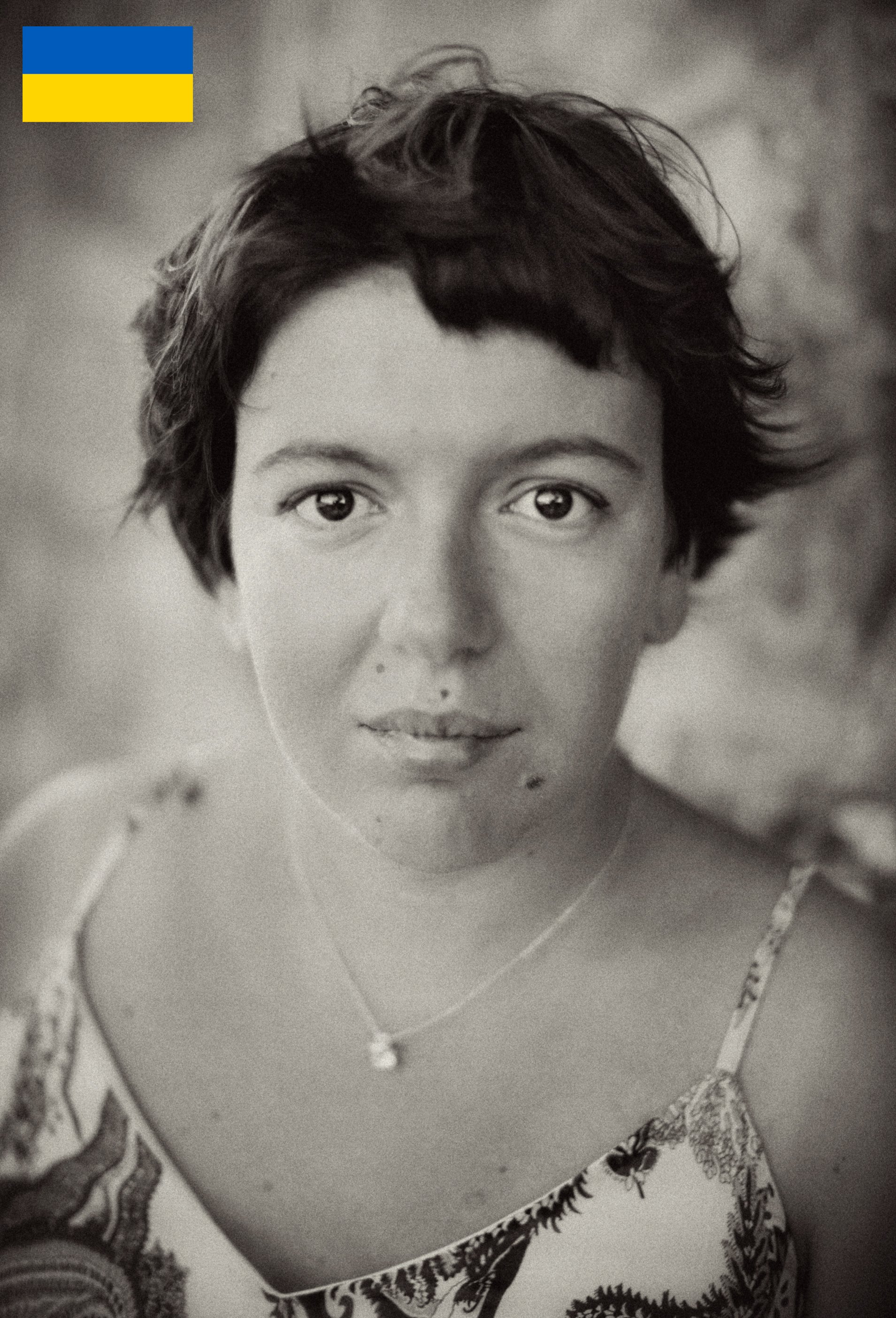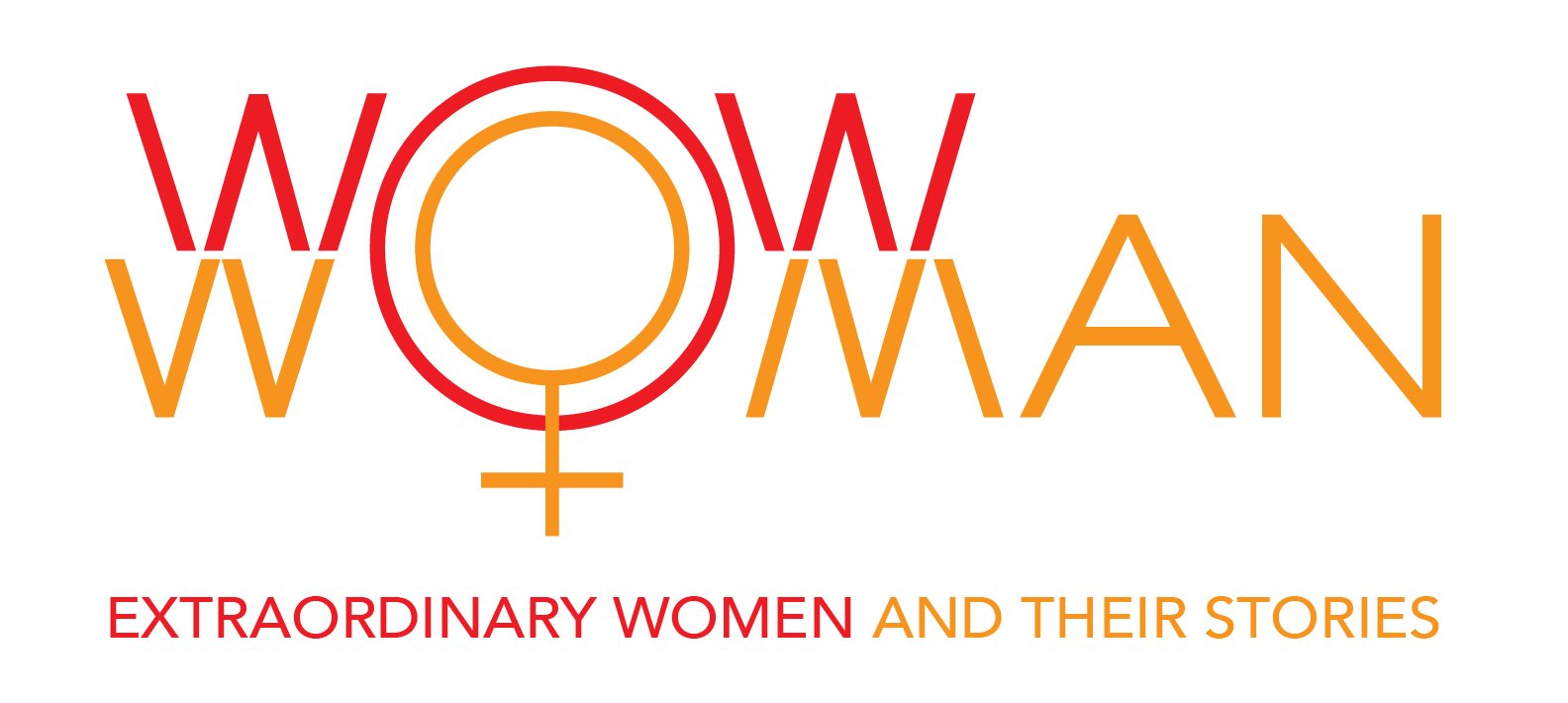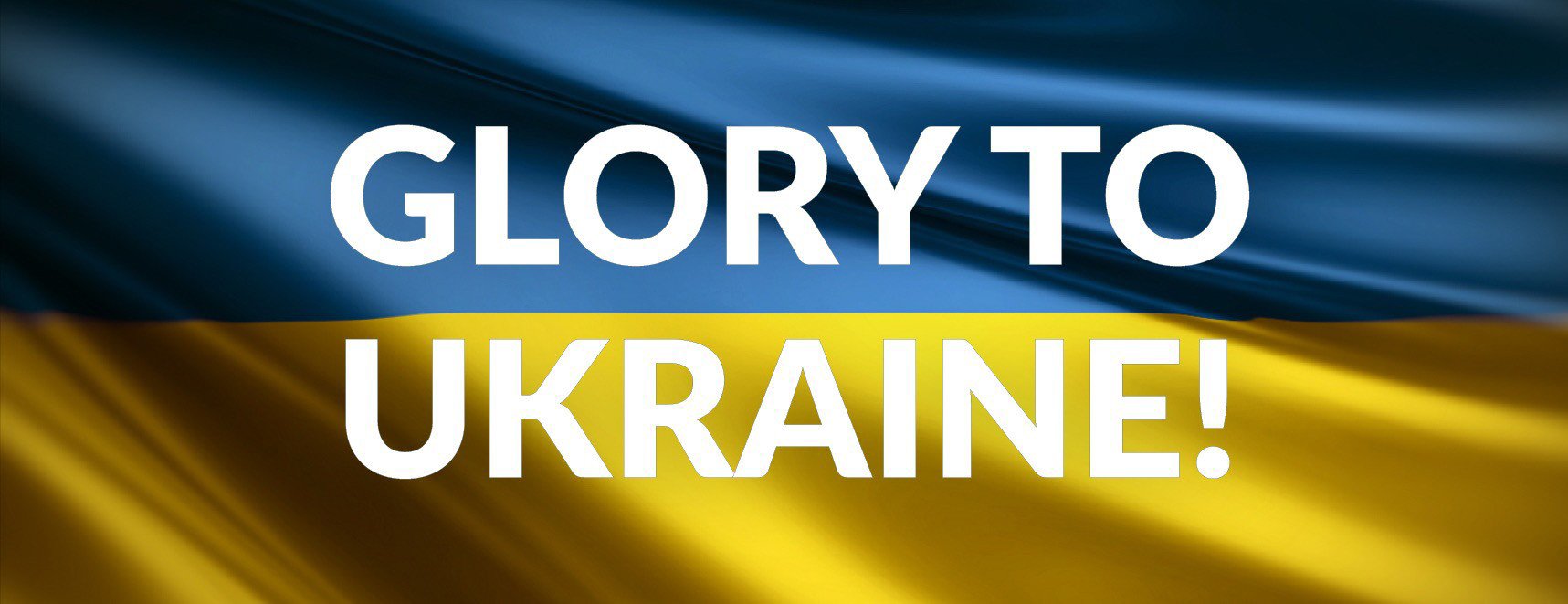Researcher, Professor, Proud Ukrainian, Kristiansand, Norway
One of life’s greatest pleasures is showcasing the commonalities shared by the WOW Women from the opposite parts of the world. Ms. Maryna Rabinovych, a proud Ukrainian professor and a researcher based in Norway, has a gift with words. She is sharp and pragmatic, with a biting sense of humour: just the combination I like in my role models, friends and WOW Women. She doesn’t dance around an issue, instead says what she means and usually has several clever meanings behind what she says; if you’re not paying attention, you will miss it.
Maryna’s background and area of expertise allow her to approach the war in Ukraine from both, the nationalistic Ukrainian as well as the European policy perspectives. She is able to analyze the conflict with years of working and studying in Europe and in Kyiv under her belt. But watch out, because behind the façade of a scholar is a fiery Odesite. Like all Ukrainians at the moment, Ms. Rabinovych is angry and enraged at the cruel, illegal and cowardly war russians are waging on the Ukrainian soil.
There was no need to translate Ms. Rabinovych’s words; her mastery of the English language is impeccable.
1. Name
Maryna Rabinovych.
2. Where is your hometown?
Odesa, Ukraine. Interestingly, amid the war I tend to miss Kyiv more than Odesa, as it feels to me as the heart of Ukraine. I dream to one day soon arrive in Kyiv by plane and land at the Boryspil airport. In Kyiv, I want to eat varenyky, have my favourite black currant fruit drink, stroll on the Khreshatyk Boulevard and meet up with my friends. Then, as always, my routine is to go down to Podil, visit Kyiv-Mohyla Academy and sit at the canteen, sipping a cappuccino while speaking with friends and students.
3. What is your profession/career/title/self-label/designation? What does your average day look like?
I am a researcher at the University of Agder in Norway, focusing on the implementation of EU-Ukraine Association Agreement and challenges Ukraine experiences in terms of the European integration process. I am a big fan of Ukraine’s European integration and thus love my job.
Before arriving in Norway, I used to teach at several universities in Kyiv: Kyiv School of Economics and the National University of Kyiv-Mohyla Academy. I am still connected with them, and teach at both, from time-to-time. Although I’m a lawyer by training, in Kyiv I taught the basics of international relations, European Studies, EU enlargement and the neighbourhood policy. Sometimes I get invited to travel to other countries to lecture about Ukraine and its move toward the EU. That’s how I ended up in Canada, the United States, Germany and, most recently, Armenia.
I also tend to joke that by the age of 29, I have tried and succeeded at many things requiring very little or no math knowledge. But kidding aside, I would call myself an enthusiast of the European Union and Ukraine’s European integration. I tend to do whatever I can in my position to learn more about this topic as well as spread this knowledge both through teaching as well as writing in the academic and popular outlets.
4. What did you study in school?
I studied Law in Odesa, followed by the European Studies and European Law in Hamburg, Germany.
5. What was the journey like to get where you are (in life and career-wise)? Write about some of the achievements that you are most proud of. What was the moment for you that changed your life (in your personal life and/or career?) that set you on the current path in life? What did you do before the war, and why and how did you start helping Ukrainian women?
This is an expansive question. In short, I am (hopefully) moving toward a successful international academic career and personal success as a traveller and explorer. I also enjoy writing and have some poetry I wrote, which I absolutely love. I also cherish my travel experiences and memories.
Work-wise, I did much to study law and international relations. I also took part in many conferences and events worldwide, and, although the path is a bit patchy with being involved with different institutions and countries, I still find it quite consistent and stimulating. I completed my PhD in Germany by the age of 26, an accomplishment I’m proud of achieving. Since then, I have had interesting academic appointments and at this time I hope to get a permanent position in academia.
Personally, I am proud to be an independent woman and a thinker. I’ve been privileged to travel and see the world but I also feel deeply connected and rooted to the people who have been with me for a while, especially Ukrainians; I constantly try to help them with whatever I can. I believe that there exists a sort of “global ring of helping” and, when I help others, I contribute to the ring’s functioning and betterment. This does not mean that I expect something in return, it is just the ring that we all make work somehow.
6. How is your life different from what you pictured at 20?
I once believed that I would travel across Europe in a red convertible Ferrari. Instead, I just use public transport and cannot drive. At 20, I couldn’t imagine how it would feel when life’s experiences form your core persona, and now, at 29, to be the sum of all these experiences. Overall I feel positive and do not regret becoming older and turning thirty next year.
7. Was there a time when life knocked you down or out and how did you get back up on your feet?
I had a bit of a breakdown before submitting my PhD, as my professor pushed me quite hard, and I suffered several health problems. After that, while I was abroad, my father died in Ukraine from an illness. It was, however, the trip to Mexico on the Day of the Dead, which largely changed me and my attitude toward death and inevitably life. I feel now, stronger than ever, how people struggle with their existential issues, ultimately accepting the inevitability of death. I think the topic of death and speaking about death to yourself, is crucial for managing life and really being present.
8. Advice for other women?
My advice to women would be seek independence and know what you want. Don’t listen to others too much, especially if they want you to feel guilty about your life’s choices.
9. Knowing what we know now in a current political climate, can women be "all that we can be" in today's world? What is the way forward, as you see it, for "feminist values"?
I believe women can be good politicians, they are often braver than men in their decision-making. But I do not think that there are specific “feminist values”; I believe in human values: peace, democracy and human rights – though I may sound like I’m quoting an international convention, these values are truly universal.
10. Where in the world do you feel “tallest” (i.e., where is your happy place)?
There are many. I am happy in many places, starting from my friends’ kitchens in Odesa. In Tulum, Mexico or next to the Alster Lake in Hamburg. I think airports are special to me, I enjoy being on planes as well as night trains in Ukraine. I love being on the road, it makes me think and recharge.
11. What extracurricular activities/hobbies are you most proud of? Why?
Travelling, because you accumulate memories which support you on a daily basis. Travel planning is also something I enjoy; feeling almost giddy, expecting new adventures and experiences. I also love reading, writing and taking photos.
12. Have you travelled solo? If so, which were some of the most memorable destinations and why? Why do you travel and would you recommend it to women?
A lot, to many places. I do recommend it to everyone. I had to travel solo sometimes, as it is not always easy to team up with somebody and make sure that your schedules and ideas jive. My first solo trip was to Montreal in Canada, where I was doing a parliamentary internship; no one else wanted to do this trip. I travelled solo to Berlin, London, Prague, New York and some small towns around Mexico City. I often travel solo to the various conferences abroad. There I spend some time with my colleagues but also alone, which gives me a nice balance. My most recent memorable conference trip was to Miami, where I really enjoyed the Cuban district’s vibe, was able to use my Spanish with the locals and took pictures of small lizards all over the place.
Travelling makes you open-minded and independent, it teaches you problem-solving skills, creates lifelong memories, lets you learn about other from cultures different from your own; it truly opens your senses. Why not engage in it?
13. What do you want to be when you grow up? Future goals/challenges?
I want to be a professor at a European university, I want to continue to travel and become a mom.
14. What fears are you still hoping to overcome?
Hmmm.. a fear of math exams? I hope I will never have to pass any of these again.
15. Anything you'd do differently, if you had another go at life?
I would have skipped all math and physics classes at school and learned German and Spanish better. Or maybe I would have studied International Relations as a major and chosen a longer Masters Programme, to be able to have more time being a student.
16. What/who inspires you?
My ‘bubble’ – young Ukrainians who wish to be free and join the EU family.
17. What are you hopeful about?
About Ukraine becoming part of the EU and NATO.
About crying on the day when there will be an EU symbol on my passport, alongside the Ukrainian one.
About my child (or children) being born and living in a free and prosperous European Ukraine.
18. What are some ingredients to a good life? How did the global pandemic and war in Ukraine change your perspective about the world, about your life, your goals and dreams?
You must identify what you want and strive for your goals. You may get the privilege of doing what you really want in life, but don’t put pressure on obtaining everything you ever wanted; time is a rate-limiter so you will not realistically get to do absolutely everything you imagined odoing. The pandemic experience didn’t teach me much, except perhaps showed how adaptive the world can become.
The war made me more principled and ready to end all communication with those unwilling to respond with “Glory to the Heroes” when I tell them “Glory to Ukraine.” I respect and mourn for Ukrainians who died for freedom too much now to communicate with anyone who supports the Russian invasion. I am forever grateful to all young guys (and women), many younger than I am, who have been protecting every centimeter of our Donbas against invaders.
There is one soldier, of whom I often think. His name was Anton Sidorov and he died in Donbas several days before an all-out invasion; his children are left fatherless. He recorded a beautiful song together with his friend about Donbas, and I always cry listening to it. I am so sorry he did not survive and is unable to see Ukraine now, proudly fighting and resisting. I wish for as many soldiers as possible to come home alive.
What do you want the world to know about Ukrainians and Ukrainian women in particular?
I do now know. I just want Ukraine to be free and never ever return to the gloomy Soviet times again.
19. What are (at least) three qualities you most love about yourself and why? What are your superpowers?
It is difficult to judge myself. I would have to say that I’m goal-oriented, optimistic and am good at managing my emotions.
20. What advice would you give your 14-year-old self? What advice would your 14-year-old-self give you in return?
School marks are not important. Collect experiences and try to reflect on them. This is what I would say now.
Maybe a 14-year-old me would tell me to finally go on a diet and lose several kilos.
21. What are you reading now? (What books do you gift most and what are your favourite reads?)
I am in a phase now, where I do not read much for pleasure, just for work. I usually do not give books as presents, as I believe that such presents are pretty useless.
I love Remarque and his war books. I enjoy reading poetry, especially Vasyl Stus. I was deeply impressed by the book “Illovaisk. Stories of Real People,” written by Evgen Polozhii. I would love to re-read it again but at this moment I simply cannot, mostly due to the mixture of pain and hatred inside.
22. Who is a WOW WOMAN in your world who inspires you and why? Can you nominate three (or more) women you know who perfectly fit WOW WOMAN description? What would you tell them, if you had an opportunity, about why you admire them?
Nancy Pelosi and Sanna Marin (Finnish Prime Minister). All of them serve as great examples of how women can succeed in politics.
23. Where can others find you/your work (links to websites, blogs, etc.)?
University of Agder researcher profile: @marynar
1. Where were you when the attack took place? Did you believe in the possibility of the RF attacking key cities of Ukraine and continuing a full-scale aggression?
I was in Kristiansand, where I work now. I did not believe there would be a war, as I thought the costs of the invasion would be too high for Putin. I was also skeptical about the invasion as I was confident in the capacity of the Ukrainian army to resist. I thought it was strange that many intelligence services believed Kyiv could be taken in several days.
2. What was your experience of the day the war started? Where did you go and what do you recall was your plan?
I woke up and checked Ukrainian Pravda news, where I read the awful title “Putin wages a war against Ukraine. Massive rocket attacks across all cities.” I already had some suspicions that there would be something more, when Putin recognized the so-called Luhansk and Donetsk People’s Republics but thought that the additional aggression would be limited to Donbas. It was awful to realize that Russians want to restore something resembling the USSR, a closed autocracy, oppressing its citizens.
I promised myself I would never stay under an occupation and made a plan for myself, in case Ukraine loses my key cities (Odesa and Kyiv). On the fifth or sixth day, I understood that eventually Ukraine would win but it would be a long road. Now, although I am sure that strategically Ukraine has already won and became a much stronger international player, it will take time and many more grievances to get all our lands and particularly people back.
So, on that fateful morning, I felt shocked and couldn’t stop crying. I came to university, as my colleagues kept calling, worrying about me staying home alone. I first went to the classroom of my closest colleague Anne. She is German, and we cried together. I remember my thoughts in that moment, how strange it was to now have Russian fascist killers, and no longer think of fascism as historically German. There I was, crying with a German about Russian invaders.
I was surprised to find Norwegian media waiting at my office. I had to collect my thoughts and was able to give some statements. I don’t recall much after that, it was a one long day of interviews, writing for local Norwegian media, sending money to the Ukrainian army, scanning the news and messaging with close people inside Ukraine. I was especially worried about my mom and several close family members in Odesa and plenty of friends and colleagues in Kyiv.
On the eighth day, (or was it eighth night?), Russians took over the nuclear power plant in Zaporiszhya, which is not that far from Odesa. I spent the entire night communicating with my mom on Facebook, following the developments and in that moment decided she should leave Odesa and come to Norway. I also offered for my former English teacher (whom I’ve been friends with for over a decade) to join my mother. Next day was stressful as they first travelled through Moldova, on toward Bucharest, where they spent a day, before taking a flight to Kristiansand, Norway via Amsterdam. It was a long, challenging road for my mom, but she has been here with me now since March, safe and secure. Norwegians and the Norwegian authorities have been very supportive; my dear German colleague Anne, in the kindest of gestures, offered my former English teacher a room in her apartment.
3. How are your family and friends doing? How often are you in touch?
None of the people in my immediate circle was killed or wounded. However, I have close friends who lost their loved ones or classmates in the Kyiv region. Many of my friends and colleagues are abroad, and are currently safe, they are mostly in Poland. I am in touch with everyone every single day. It is worth mentioning here that I lost several friends, who either support Putin or tried to justify what Russia has done. This was painful to experience.
4. What are some ways you are supporting Ukraine now, from abroad?
I give lectures to Ukrainian students, when I can and am asked by my colleagues.
Donate money to the Ukrainian Armed Forces each time we reach a round number of killed occupiers.
Promote Ukrainian studies in the academia, e.g., speaking about the injustice of the war and discussing Ukraine’s European integration at multiple conferences abroad.
I’m pleased that the insights from younger Ukrainians are very much valued by the older generation of Western professors, those who may not have been aware of the many changes in Ukraine after the Euromaidan protests in Kyiv.
Financial help for Ukrainians dear to me
5. What do you want the world to know about Ukrainians during this difficult time? About Ukrainian women?
I want the world know about the stories of specific people, brave Ukrainians. I want the world at large to understand what happened at the Azovstal plant, about the massacre in Bucha, about Olenivka. For me, the Olenivka tragedy, where Russians tortured and killed helpless Ukrainian heroes and the prisoners of war is one of the most awful events in the war so far.
It is so awful to feel helpless. I want the world to understand that we need support and weapons to avoid such tragedies and defeat this monster state. I want the world to be outspoken, reiterate over and over how monstrous the Russian state is. I believe that Russian people should not be distinguished as “normal and innocent” from the atrocities done on in the name of their State. As you scan the Russian social media posts and comments, you quickly realize how bloodthirsty and cruel many of them are. They are opposite to the thousands of Ukrainian women, who pray every day for their loved ones safe return. I do not know or understand where many Russians’ moral collapse comes from.
6. What will be the first thing you'll do when Ukraine wins?
I will go to Kyiv, meet with my friends and we will celebrate together. Maybe I will take a tour on the Dnipro river, eating varenyky, drinking champagne and laughing.
Bonus Quick Round Qs:
1. What and who is worth suffering for? One’s sovereignty and independence. The right and freedom to do what you want.
2. What would you do if you knew that nobody would judge you? I would have taken all Soviet books we had at home and brought them to the recycling plant. I would have demolished all the imperialist and Soviet-era monuments found throughout Ukraine. I would start with Catherine “The Great”, in Odesa.
3. Who is/are your mentor/s (men or women)? I have had many great teachers but it would be too long to list all of them here.
4. If you didn't have to work anymore what would you do with your days? I would still work, but would travel as much as I can.
5. If you could be anyone for a day who would you be? I would love to be President Joe Biden for a day, learn many new aspects of world politics and provide Ukraine with plenty new weapons.
6. If you could relive one year in your life, which one would it be? I wouldn’t. I would leave everything as is, would just choose to miss all the useless hard science classes during this one particular year.
7. What bothers you most about people? What do you love most about people? I do not like people who avoid voicing a specific position or take a stance on a topic. Instead, they try to maneuver between different camps. I love openness and bravery.

